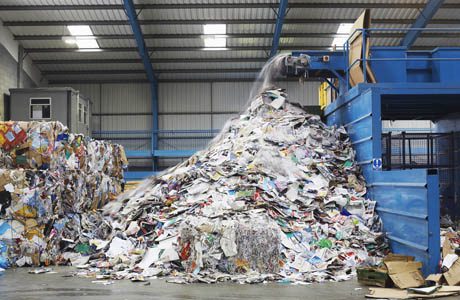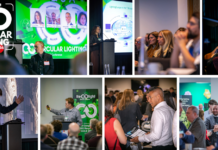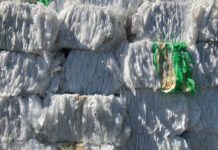
A BBC Freedom of Information request has turned up data showing a sudden and dramatic rise – of 84% – in the amount of recycling waste rejected in England since 2011.
The FoI request – from BBC Breakfast – revealed that councils had to reject 338,000 tonnes of waste from recycling in 2014-15, up from 184,000 tonnes in 2011-12.
Over the same period, overall recycling waste levels rose from 10.7m to 11m tonnes, according to data from the Department for the Environment.
The surprising levels of contamination – caused by people putting items in the wrong bins, or trying to recycle items like cardboard soiled with grease – were attributed by WRAP to confusion caused by inconsistency between the different recycling schemes across England. WRAP continues to work with government and other stakeholders to devise more consistent guidelines across the country.
Mandy Kelly, Senior Recycling Manager with carton recycling specialist ACE UK was more strident in attaching blame to budget cuts.
“There is a clear link between information, public engagement in recycling and the quality of recyclable material being collected. Over the past few years ACE UK has seen first-hand the impact of budget cuts on local authority waste teams.
“The priority for councils has of course been to maintain front line services and communications budgets have often been a casualty when making savings. Unfortunately this is now translating into rising quality issues and flatlining recycling rates.
“This is an area where the industry can provide valuable support to our colleagues in the public sector. ACE UK supplies free communications materials to help councils engage residents in recycling programmes. However there is still a big opportunity for the industry to do more to help.”
Although discouraging, Dan Cooke of Viridor (commenting on edie.net) said the figure still only amounts to around 3% of the material put in recycling bins, and should be placed in the context of ongoing rises in recycling rates, which have progressed from near zero in the early 1990s to around 45% of household waste now being recycled.
While 3% was the national average – for recyclate waste rejected by council facilities – a few councils scored more poorly than this, notably Kirklees in West Yorkshire (14.99% rejected), Greenwich in south-east London (14.4% rejected), and Hull (14.2% rejected).
In Kirklees the blame was attached to the fact that a lot of the recycled waste had been taken to a different facility than usual, and one with a very low tolerance for contamination, causing lots of waste to be rejected that otherwise wouldn’t. Greenwich blamed out-of-date equipment, and said its contractor is now be using a different processing plant to process the materials.







